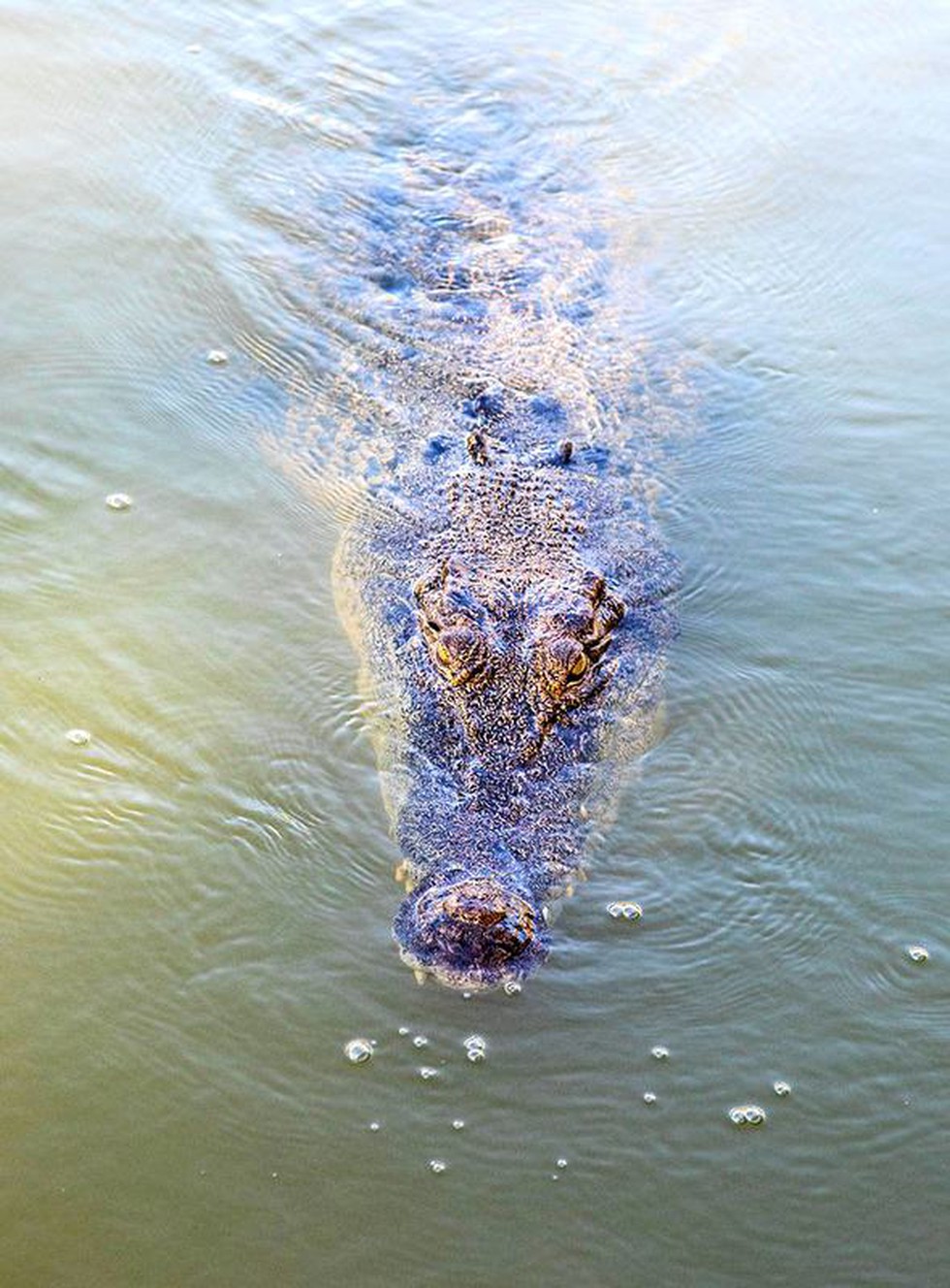Brumation is a period of dormancy or slowed activity in reptiles, akin to hibernation in mammals. It allows reptiles to conserve energy and survive adverse environmental conditions.
Definition of Brumation
- Brumation: Period of dormancy or reduced activity in reptiles during colder months to conserve energy and survive scarcity of food.
Characteristics of Brumation
- Metabolic Slowdown: Reptiles experience a significant decrease in metabolism during brumation.
- Extended Periods Without Eating: Reptiles can go weeks or even months without consuming food during brumation.
- Seeking Shelter: Reptiles retreat to underground burrows, rock crevices, or other sheltered areas to maintain relatively stable temperatures.
Examples of Brumation
- Box Turtles and Painted Turtles: These species may burrow into the mud at the bottom of ponds or lakes.
- Snakes: Snakes may seek refuge in underground dens or caves.
- Lizards: Lizards may hide under rocks or within vegetation.
Importance of Brumation
- Survival in Cold Climates: Brumation allows reptiles to survive harsh environmental conditions until more favorable conditions return.
- Energy Conservation: Reduced activity during brumation helps reptiles conserve energy and minimize resource requirements.
Multiple Choice Questions (MCQs):
- What is brumation?
- A) A period of high activity in reptiles during colder months.
- B) A state of dormancy or slowed activity in reptiles during colder months.
- C) A period of migration in reptiles during colder months.
- D) A process of reproduction in reptiles during colder months.
- What allows reptiles to go weeks or months without eating during brumation?
- A) Increased metabolism.
- B) Decreased metabolism.
- C) Frequent hunting.
- D) Hibernation.
- Where do box turtles and painted turtles often retreat to during brumation?
- A) Underground burrows.
- B) Tree branches.
- C) Open fields.
- D) Coral reefs.
- What is the primary purpose of brumation for reptiles?
- A) To increase metabolism.
- B) To migrate to warmer climates.
- C) To conserve energy and survive adverse environmental conditions.
- D) To reproduce.
